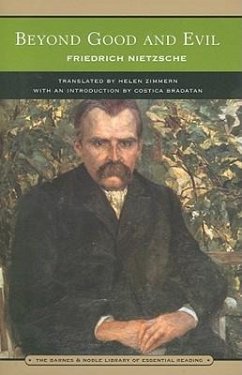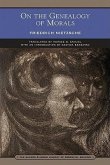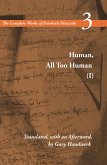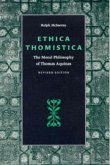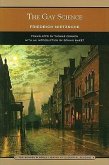"Supposing that truth is a women--what then?" This is the very first sentence in Nietzsche's Beyond Good and Evil.Not very often are philosophers so disarmingly explicit in their intention to discomfort the reader. In fact, one might say that the natural state of Nietzsche's reader is one of perplexity. Yet it is in the process of overcoming the perplexity that one realizes how rewarding to have one's ideas challenged. In Beyond Good and Evil, Nietzsche critiques the mediocre in modernity and challenges the reader to accept their state of becoming and accept improvisation and creativity of the process. Nietzsche's book is carefully designed to disorient the reader, to systematically provoke and tease her to the point of stealing away her certainties. It is challenging yet rewarding to overcome the perplexities of Nietzsche's teachings.
Hinweis: Dieser Artikel kann nur an eine deutsche Lieferadresse ausgeliefert werden.
Hinweis: Dieser Artikel kann nur an eine deutsche Lieferadresse ausgeliefert werden.

